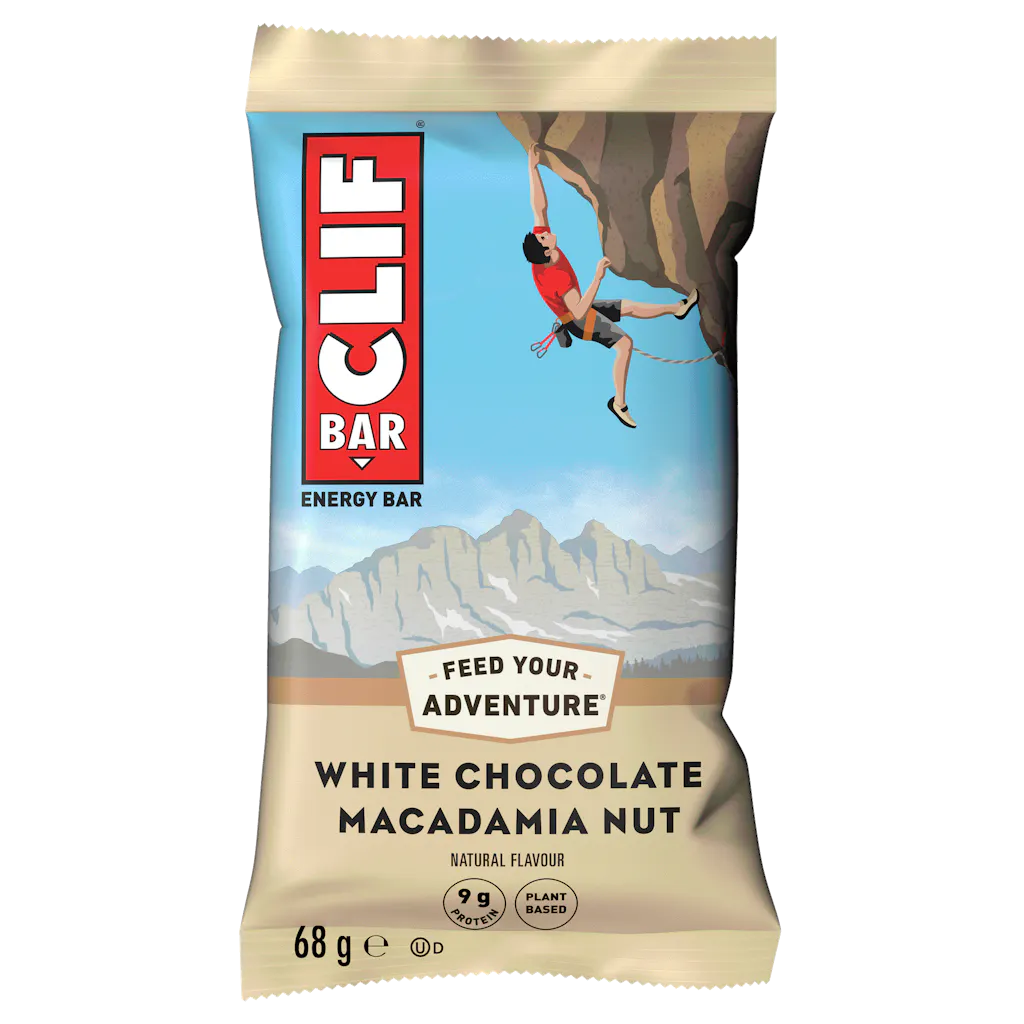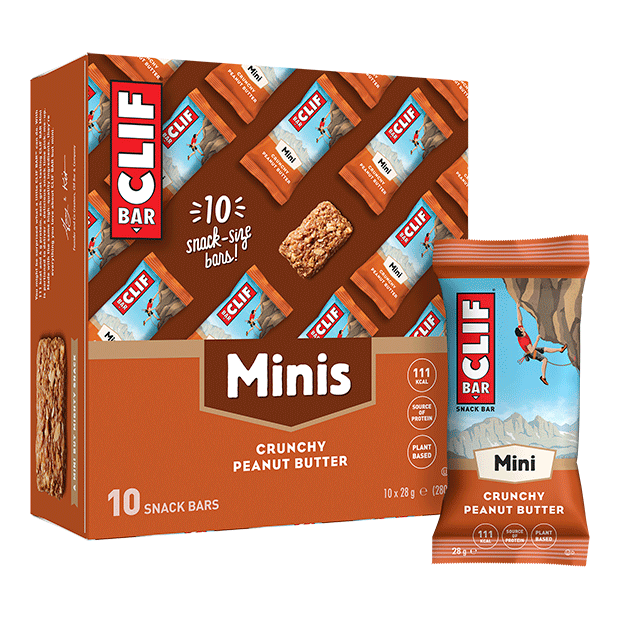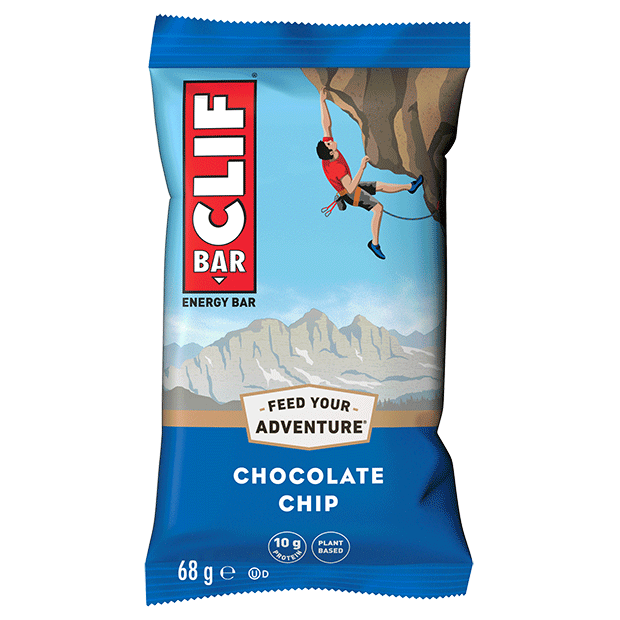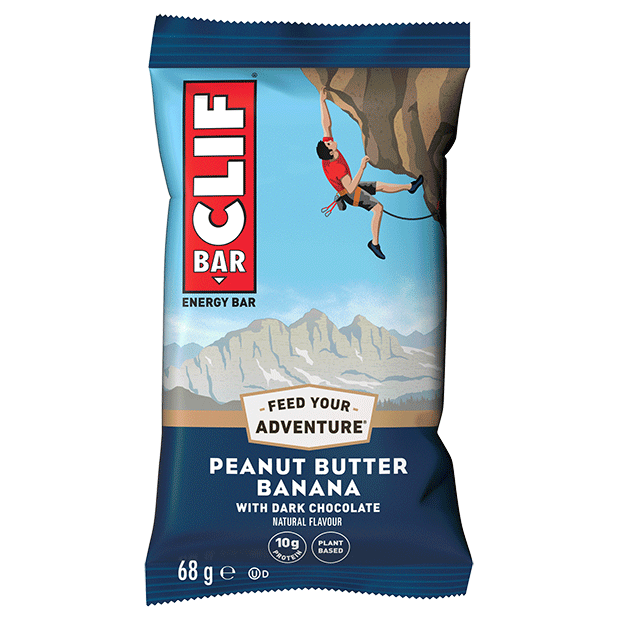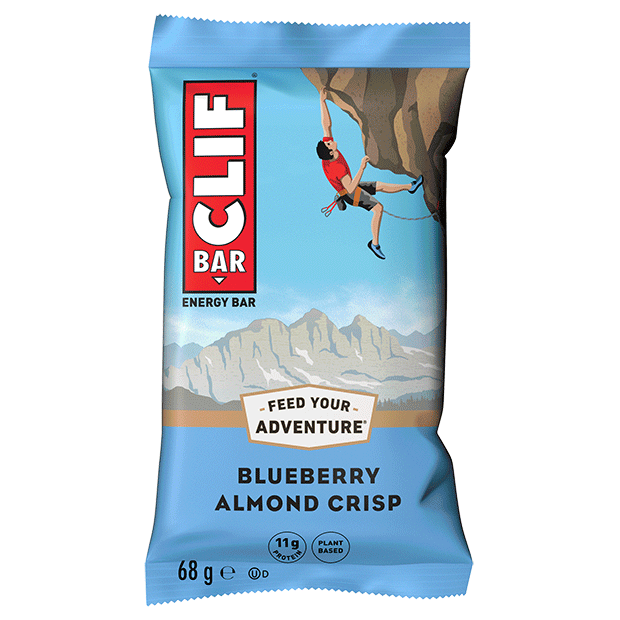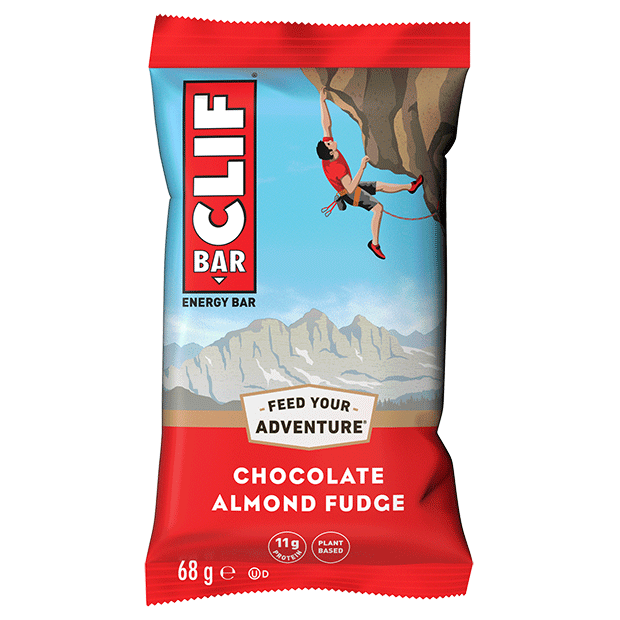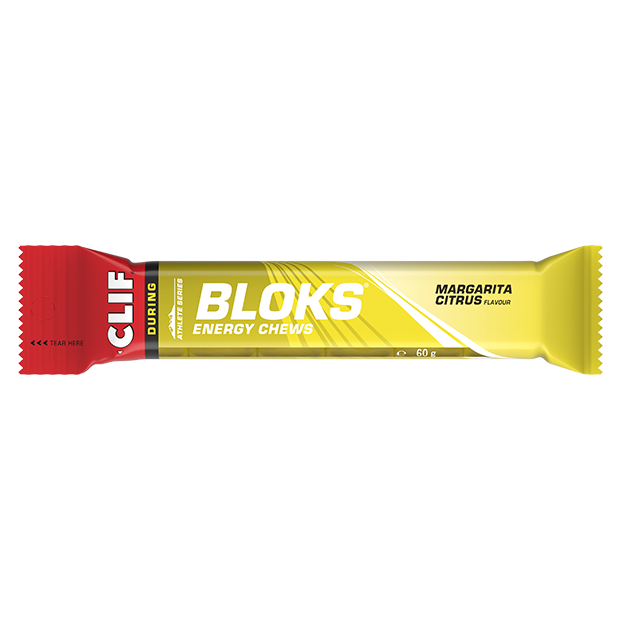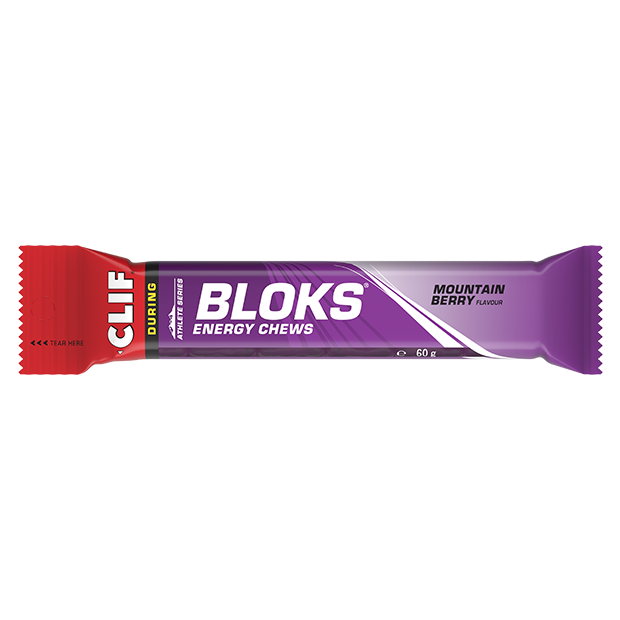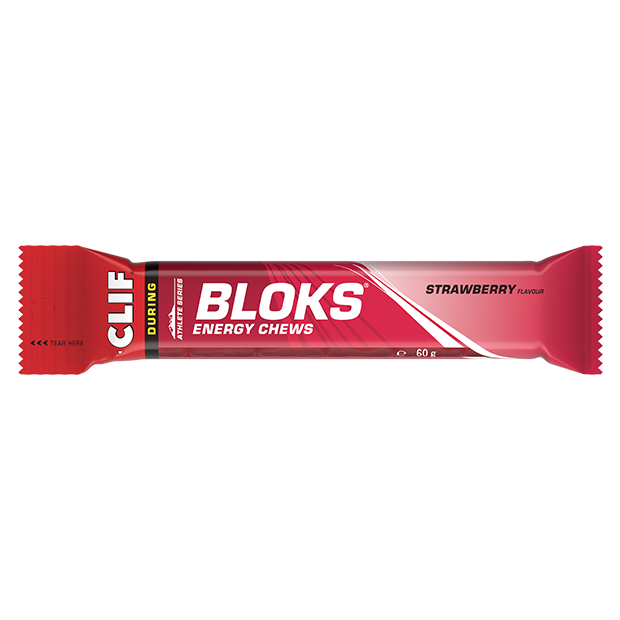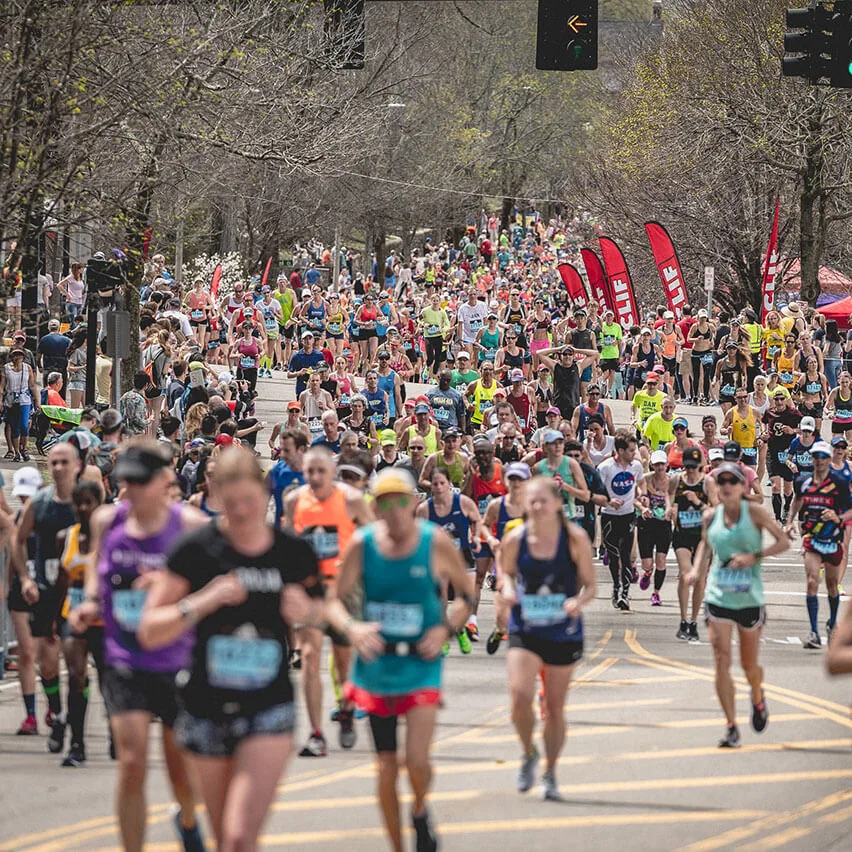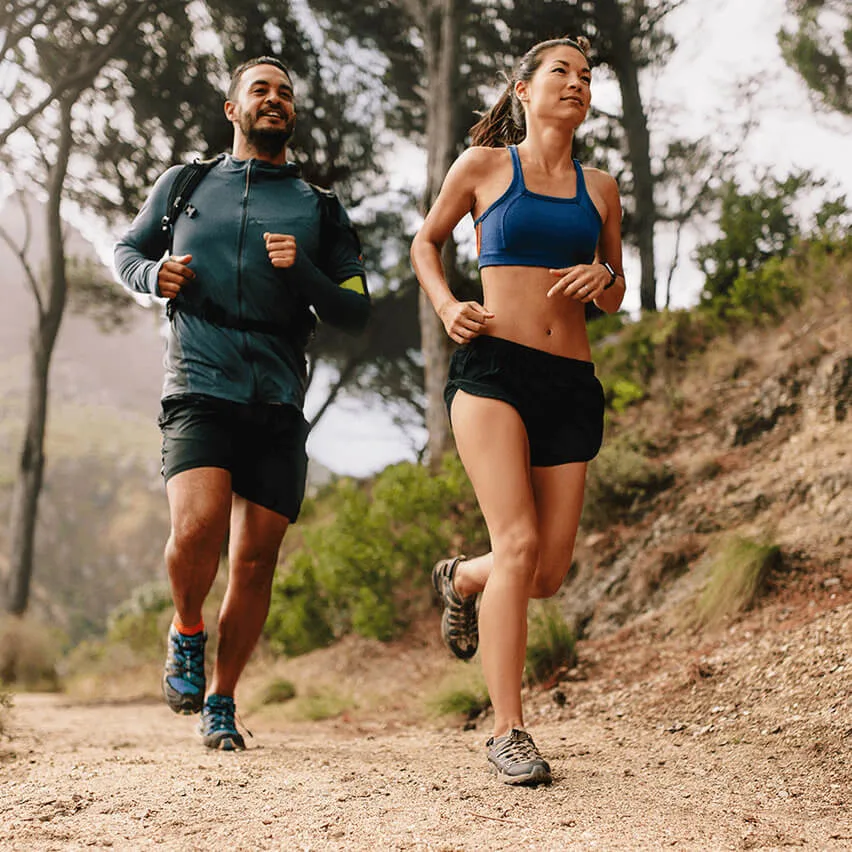The ideas and suggestions written below are provided for general educational purposes only and should not be construed as medical advice or care. The contents of this article are not intended to make health or nutrition claims about our products. Always seek the advice of a doctor or other qualified health professional before beginning any physical fitness or health- and nutrition-related activity.
Marathon training requires dedication, sacrifice, and hard work to perform your best on race day. You run dozens of miles each week, lift weights, and stretch to prepare your body for the big day. But what about the diet? Are you eating the right foods to maximise your results and enhance your training?
Take your marathon training to the next level by improving your nutrition. With the right combination of foods, fluids, and snacks, you’ll help your body handle hundreds of miles of running and boost your recovery from workout to workout.
Read on for the essential nutrition tips to increase your results and reach new heights on race day.
Eat to Train
One of the biggest mistakes people make is beginning marathon training to lose weight. The time to focus on losing weight is during periods of less demanding energy needs, not when beginning a marathon training plan.
During marathon training the focus should be on eating in a way that helps support your fitness. This is a period of increased energy needs. Trying to cut back on fuel for the calorie deficit necessary for weight loss can reduce the effectiveness of your training effort.
On the flip side, overeating is also a common mistake. Energy demands should be met by eating a variety of foods throughout the day and well-timed around workouts. Skimping on energy needs during long runs and throughout the day can lead to overeating (or over-rewarding with food) after a training run or at the end of the day.
As you increase your mileage, eat more calories especially from complex carbohydrates to support your training. For endurance athletes, target roughly 5–10g carbohydrate per kilogram (g/kg) body weight each day.1
Improve Your Exercise Nutrition
The more you train, the more important your pre- and post-workout nutrition and hydration become. With bigger demands on your body, your body requires more nutrients and fluids for peak performance and fast recovery. This also prevents hunger during your run, sudden energy drops, and excessive weight loss from sweating.
Here’s what to eat and drink before, during, and after the run:
Before
A few hours before your run, eat foods that contain carbohydrates so you have energy for your training. Protein and fats are helpful, too, but they take longer to digest and can cause stomach upset in some athletes when consumed in high amounts.
CLIF BAR energy* bars are expertly designed for your pre-workout needs. They deliver a delicious blend of plant-based protein, fat, and carbohydrates with phosphorus to energise* your run.
*Phosphorus contributes to normal energy-yielding metabolism.
We recommend fueling up with our bars 1–2 hours before exercise.
During
As you run, get plenty of fluids and electrolytes to replace what you sweat out. As a starting point, aim for 400–800mL per hour, but adjust according to how much you sweat.2
When you run more than an hour, be sure to fuel up with 30–60g of simple carbohydrates every hour to deliver quick energy* to muscles working in motion.3
CLIF BLOKS Energy* Chews are an easy-to-chew source of quickly absorbed carbohydrates that deliver glucose and fructose for fast fuel to athletes during activity. For best results, we recommend eating one packet (two servings) every hour during a long run and consuming with water.
*Carbohydrate solutions contribute to the improvement of physical performance during high-intensity and long-lasting physical exercise in trained adults.
After
You just finished a tough 16-mile training run. Now what?
You have a 30-minute “recovery window”—use this time to enjoy something that has both carbohydrates* and protein** to help you restore, replenish, and rebuild after exercise. It’s most important to take advantage of this “recovery window” if you have another big training day the next day. If you have a rest day, don’t worry as much about sticking within that 30 minutes, but be sure to refuel after your run!
Look for foods or beverages with the electrolyte sodium to help replenish what was lost in sweat, 10–20g of complete protein to build and repair muscles, and moderate amounts of carbohydrate to restore energy stores.4,5
Combine it with a homemade electrolyte drink to rehydrate. Simply mix water and fruit juice (like pineapple or grape) at a two-to-one ratio, and add a tablespoon of fresh lemon or lime juice and a pinch of salt to further recharge and get ready for the next run.
*Carbohydrates contribute to the recovery of normal muscle function (contraction) after highly intensive and/or long-lasting physical exercise leading to muscle fatigue and the depletion of glycogen stores in skeletal muscle. Beneficial effects are obtained upon carbohydrate consumption from all sources of 4g per kg body weight within the first 4 hours (and no later than 6 hours) as part of your daily diet following high-intensity or long-lasting activity.
**Protein contributes to the maintenance of muscle mass.
Keep Fine Tuning
Use your long runs to fine-tune your race day nutrition—test which foods, fluids, and sports nutrition products help you feel great and travel well while running. During the marathon, for example, you’re limited to what you can bring with you; use your training runs to figure out what works best.
Don’t Forget the Rest Days
Your training nutrition doesn’t stop at the finish line: Eat nutritious foods even when you’re not exercising so you can be ready for your next run.
Throughout your off-days, drink water and eat three or four small meals and three small snacks with a mix of protein, carbohydrate, and fat. Rest days can be a great opportunity to challenge yourself to eat nutrient-dense plant-based foods like fruits, vegetables, nuts, legumes, and whole grains.
References
International Sports Sciences Association. Nutrition for Endurance. 2019. https://www.issaonline.com/blo.
- American College of Sports Medicine. Exercise and Fluid Replacement: Position Stand. 2007
- Jeukendrup A. A step towards personalized sports nutrition: carbohydrate intake during exercise. Sports Med. 2014 May;44 Suppl 1(Suppl 1):S25-33.
- Phillips, S.M., & Van Loon L,J. (2011) Dietary protein for athletes: from requirements to optimum adaptation. J Sports Sci., 29, S29-38.
- Thomas D., Erdman K., & Burke L. (2016) American College of Sports Medicine Joint Position Statement. Nutrition and Athletic Performance. Medicine & Science in Sports & Exercise 48, 543-568
